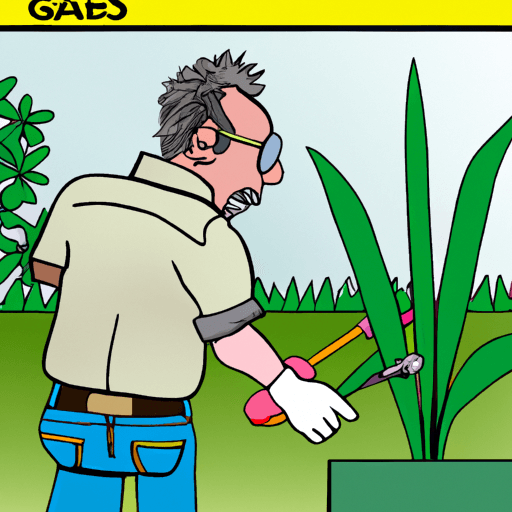Gardening and Mental Health: How Nature Can Improve Your Well-Being
Gardening is an activity that has been shown to have a positive impact on mental health, and evidence-based research has demonstrated that it can improve mood, reduce stress, and increase self-esteem. By engaging in activities such as planting flowers and herbs, gardeners can experience physical and mental health benefits that will help them manage their mental health issues. This article will discuss the various ways in which gardening can benefit mental health, as well as explore the potential for gardening to promote social connections and provide meaningful activities for those dealing with mental health issues.
The Mental Health Benefits of Gardening
Gardening has been shown to be an effective way to reduce stress and improve mood. In a study published in the International Journal of Environmental Research and Public Health, researchers found that gardening was associated with a decrease in cortisol levels, a hormone associated with stress. Other studies have also found that gardening can help to reduce feelings of anxiety and depression, and can even improve self-esteem.
Gardening is also a great way to stay physically active. Gardening activities such as digging, weeding, and planting can provide physical exercise, which has been found to have a positive effect on mental health. Additionally, the physical activity associated with gardening can help to reduce fatigue and improve overall health.
Gardening Activities and Their Mental Health Benefits
Gardening activities such as planting flowers and herbs can provide mental and physical health benefits. Planting flowers can provide a sense of accomplishment and can improve mood by creating a sense of purpose. Additionally, the bright colors of flowers can help to lift spirits and encourage positive thinking. Similarly, planting herbs can improve mood and provide a sense of accomplishment. Herbs can also be used for cooking and can provide a healthy source of nutrition.
Gardening can also be used as a form of art therapy. Gardening activities such as arranging plants and stones, creating paths, and designing landscapes can be used as a creative outlet and can help to reduce stress and improve mood. Additionally, by spending time in a garden, people can experience nature and the calming effects of being surrounded by plants and other natural elements.
Gardening as a Social Activity
Gardening can also be used as a way to create social connections. By working in a garden together, people can form meaningful relationships and provide support to one another. Additionally, gardening can be used as a form of group therapy, allowing people to share their experiences and work together to achieve a common goal.
Gardening can also be a great way for people to engage in meaningful activities. By working in a garden, people can experience a sense of purpose and accomplishment, which can help to reduce feelings of depression and anxiety. Additionally, gardening can provide a way for people to express their creativity and experience nature, which can provide a sense of calm and relaxation.
Conclusion
Gardening is an activity that has been shown to have a positive impact on mental health. By engaging in activities such as planting flowers and herbs, gardeners can experience physical and mental health benefits that will help them manage their mental health issues. Gardening can also provide a great way to stay physically active, create social connections, and engage in meaningful activities. Therefore, gardening is an excellent way to improve mental health and overall well-being.

















Comments
Leave a Comment